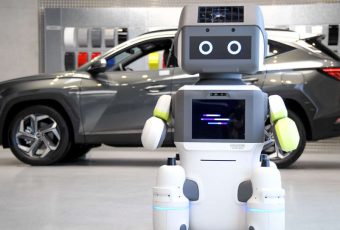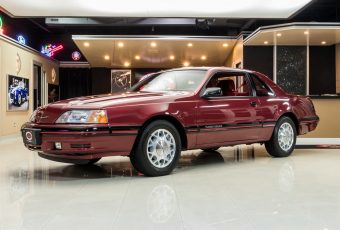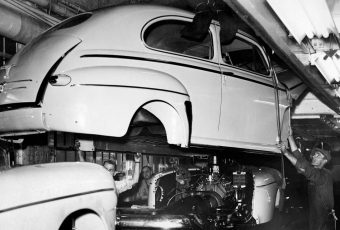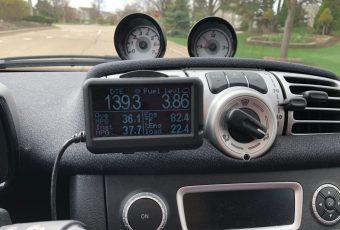Recently, Volkswagen announced that it would starting a program for electric battery recycling. The project will take place in Salzgitter, Germany, and will help the inevitable transition vehicles will be making in the upcoming years from gas to electric. The only question is, what do we do about all of the dead batteries?
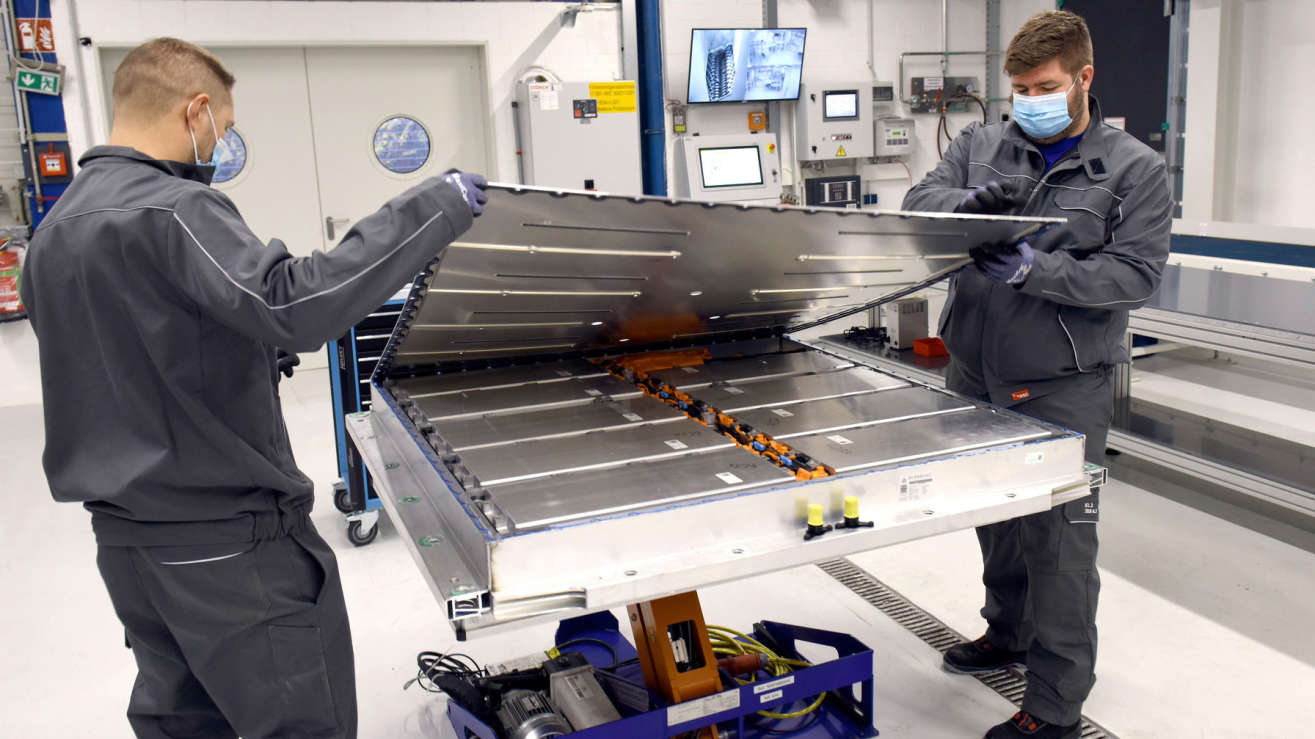
What Can Be Done With Used Up EV Batteries?
Battery recycling has been on people’s minds for some time now, but now that electric vehicle batteries are being produced on a mass scale, it’s time for the industry to start coming up with solutions. VW’s announcement is one of the first of its kind, and will certainly not be the last.
Back in 2010, Nissan started to think about the solution for this issue when its Leaf EV came out. They thought about how they could address waste production, and so the company partnered up with Sumitomo Corporation to come up with a solution to work with.
The two companies formed a joint venture called 4R Energy Corporation and opened up a plant in 2018. The plant takes in used up EV batteries and placed them into power grids that would store extra energy collected from renewable energy sources like solar and wind.
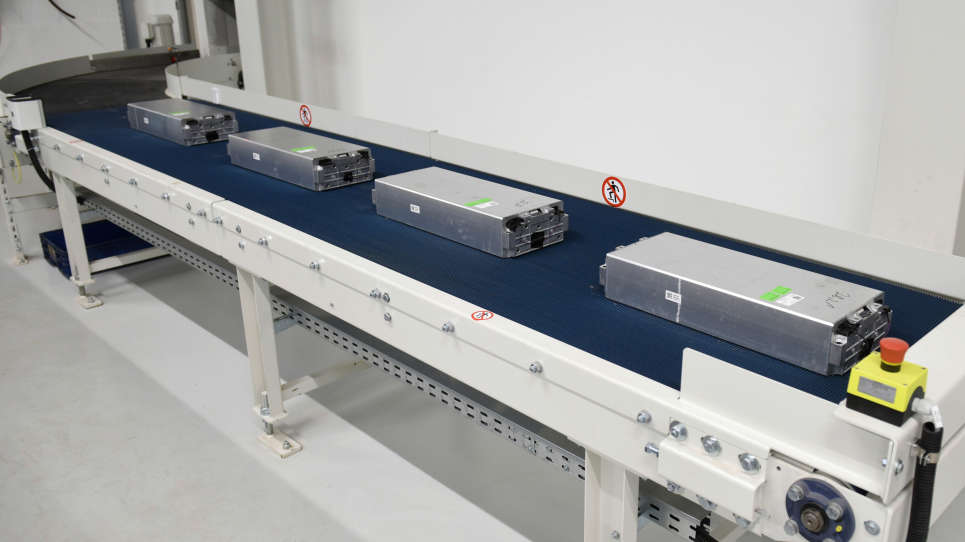
Dead EV Batteries Being Recycled
Toyota has joined forces with Belgian company Umicore in order to deal with its lithium battery waste. Umicore also works with Tesla, BMW, and Audi. That goes to show that VW is not the only company that is aiming to take care of battery recycling, but they are one of the few companies that is planning on recycling batteries at an in-house operation.
Nissan and Toyota, on the other hand, channeled focus to repurposing batteries instead. Second-life electric vehicle batteries that are put back into the grid are typically ones that fall below a certain capacity and would no longer work in cars but could be salvageable for other purposes. Renault, Daimer, and SAIC-GM have all joined forces with third party companies in order to repurpose EV batteries.
However, it’s time to go beyond repurposing. VW’s plant in Salzgitter is an end-of-life battery recycler. The batteries are broken down and put in composite groups, creating a new product then called black powder. This product contains lithium, nickel, manganese, cobalt, and graphite that will then make new cathodes.
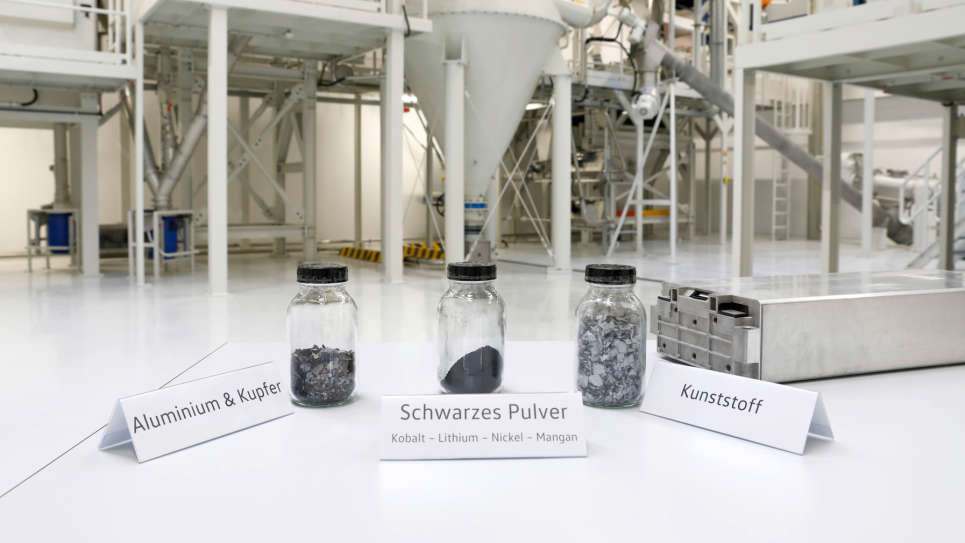
Raw Materials From Recycled Batteries
This powder is only one small component of the recycled battery materials, as there is also aluminum, plastic, and steel. The powder is further processed and minerals are separated with chemical agents and water. VW says that this method claims: “over 95 percent of the battery weight.”
The company is aiming to make this a closed loop recycling process for its cathodes and will hopefully then reduce the amount of mining needed for raw material.
Carmakers and the brands they team up with still have a ways to go with electrification of vehicles, and one of the biggest issues is continuing to deal with all these dead batteries. However, it’s great that many companies have already begun tackling the issue.



